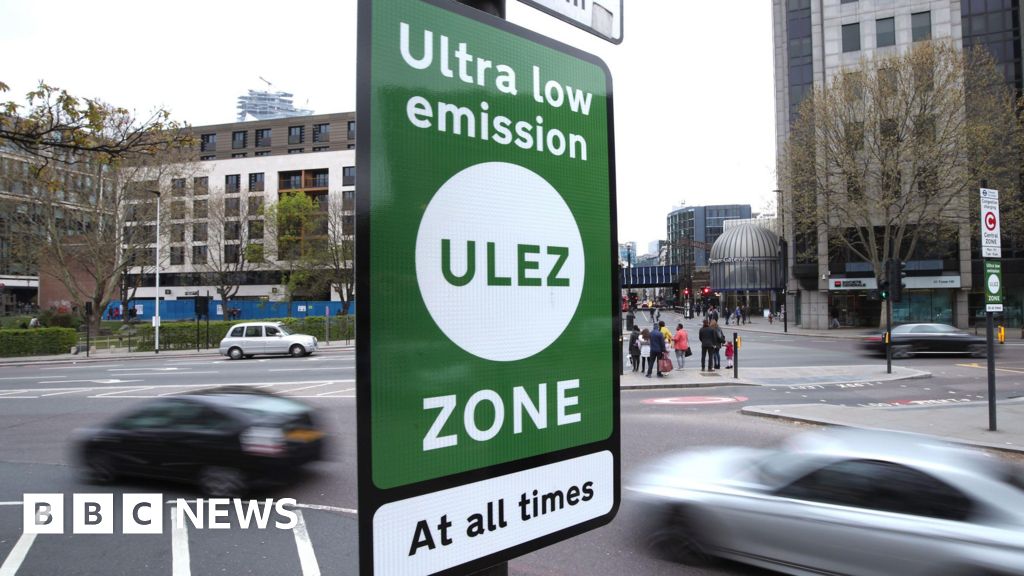Hi,
If people are interested, below you will find some facts & figures that I have analysed on our two EVs - with comparison to the cars they replaced.
BMWiX40 Msport
This is an X5 sized SUV from BMW that was designed specifically as an EV.
All cars sold here are fully loaded - including this one.
We bought it in April 2023 as an ex-demo car from the official BMW dealer in Abu Dhabi.
The car had zero kms on the clock when we looked at it (we drove another one for the demo to ensure we did not rack up any miles on it!)
As an ex-demo we got around £22340 discount on the list price.
When we collected the car - the dealer had put 510km on the car - to prove to BMW that it was a demo (and allowed them to discount the price)
We paid equivalent of £78,000 at current exchange rates.
Car has 999,999km full service contract (this includes everything like brake discs, pads, wiper blades etc.)
It also has 200,000 km full warranty.
We therefore only need to pay for electricity, tyres and insurance.
Car has been totally reliable and is much more comfortable and faster in the real world than its replacement (BMW X3M40i)
As with other EVs - from the lights - not much can keep up with the instant, digital acceleration that you get from zero to go when you mash the fast pedal.
I have a Racelogic box and the car is faster than BMW specify - it goes from 0-60mph in 5.38 seconds (with zero fuss or delay)l
Car has done 27062 miles since April 2023 and has used 13011 kw/h of juice.
11794 kw/h were charged at home with a total cost of £672 (2.5p per mile).
The X3 would have used £3047 of petrol for equivalent mileage 11.3p per mile (4.5 times more expensive)
Range on 100% battery is 400km if you keep to 110 km/h
Drops to around 300km if you drive at National speed limit of 140 km/h on the motorways
Tesla Model 3 Performance
We bought this new in November 2022.
It has covered 31140 miles from new.
Total electricity used 12826 kw/h
8722 kw/h were at home at a cost of £497.23 (1.6p per mile)
Remainder were free Tesla Superchargers.
This replaced a tuned Audi TTS (360hp).
The Tesla is faster in all respects than the TT.
The TT would have used £2921.70 of petrol (9.4p per mile)
Conclusions.
Both cars have been fantastic to own and run.
Performance, comfort and handling exceed their replacements - on the roads here.
I am a confirmed petrolhead and have owned many interesting cars over the years.
I don’t care that I cannot hear a V8 - as I normally have the music turned up too loud to hear it anyway!
What cars next?
The replacement for the Tesla Model 3 Performance is tricky - either a Porsche 911 Turbo S or maybe a Tesla Model S Plaid.
My wife fancies a Bentayga to replace the BMWiX.
Cheers
Steve



